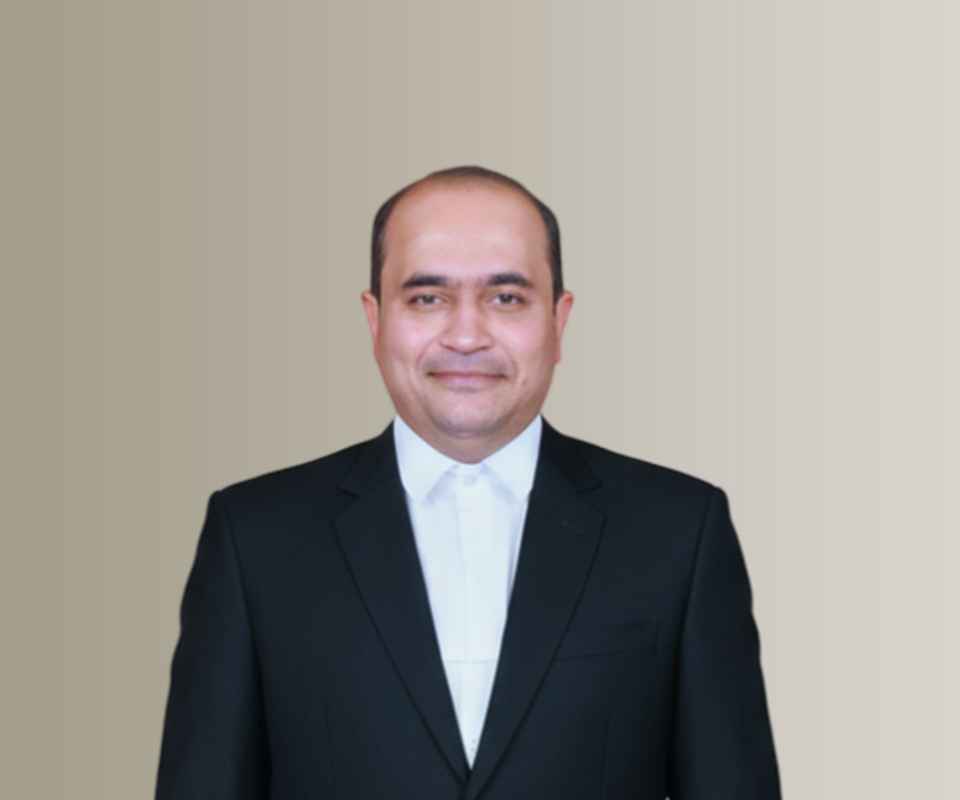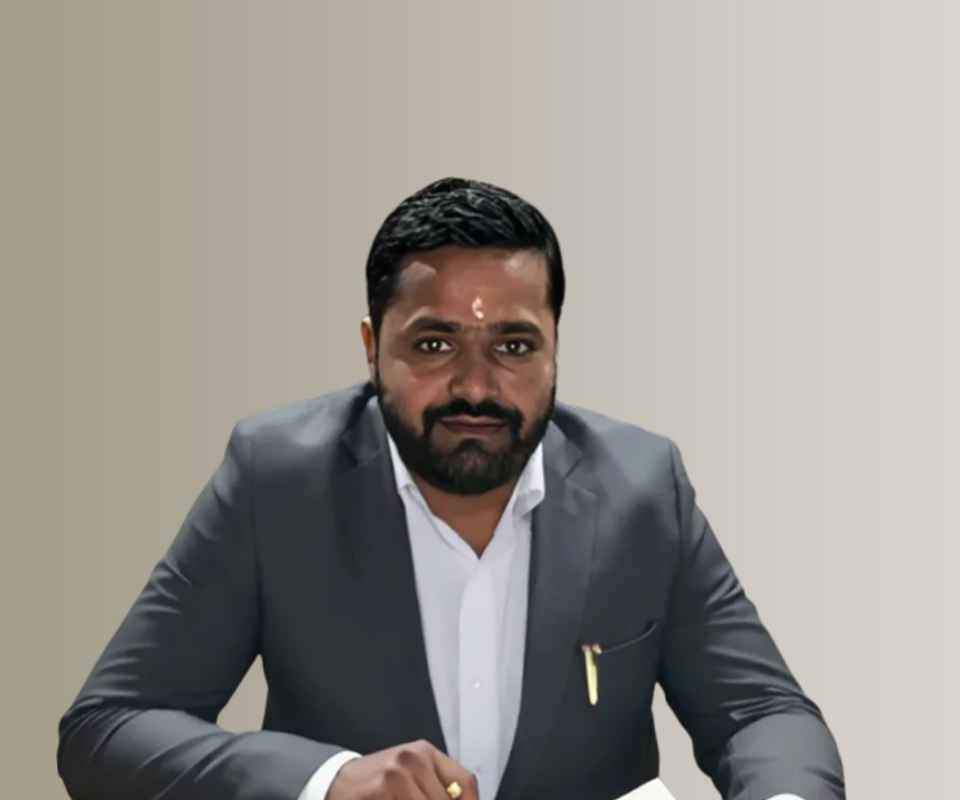Answer By law4u team
In India, the best interests of the child are the paramount consideration in any custody decision. When both parents are deemed unfit to care for their child, the court must find an alternative arrangement that ensures the child’s well-being, safety, and emotional stability. Courts may consider other family members or third parties for custody or guardianship in such cases, always focusing on the child’s welfare as the overriding factor.
What Happens if Both Parents Are Deemed Unfit for Custody?
Unfitness of Parents:
A parent may be considered unfit for custody if they fail to provide a safe and stable environment for the child or if their behavior is harmful to the child’s physical or emotional welfare. Reasons may include:
- Substance abuse (e.g., alcoholism or drug addiction)
- Severe mental health issues that impair parenting ability
- History of abuse or neglect of the child
- Criminal behavior or imprisonment
- Inability to provide basic care due to financial instability, irresponsibility, or neglect
Example: If both parents are battling severe addiction or criminal charges, the court may rule them both unfit to care for the child.
Court’s Priority – Best Interests of the Child:
The court's primary focus is always the best interests of the child. In situations where both parents are deemed unfit, the court must find a suitable alternative for custody or guardianship. The child’s safety, emotional stability, and physical well-being will be the main guiding factors in making this decision.
Example: If both parents are unfit due to abuse or neglect, the child’s immediate safety and emotional recovery will be the most important considerations.
Alternative Custody Arrangements:
When both parents are unfit, the family court will explore alternative arrangements to ensure the child’s best interests are protected. This may involve awarding custody to a relative, family member, or a third-party guardian.
A. Custody to Relatives:
If both parents are unfit, courts often look to the child’s extended family (such as grandparents, uncles, aunts, or older siblings) to take over custody. The court will assess whether these relatives can provide a stable, loving environment for the child.
Example: If a child’s mother and father are both incarcerated or suffering from severe mental health issues, the court may grant custody to the child’s grandparents, assuming they can meet the child’s needs.
B. Guardianship:
In some cases, if there are no suitable relatives, the court may appoint a third-party guardian (someone unrelated to the family) to care for the child. The guardian will have the legal right to make decisions regarding the child’s upbringing, education, and welfare.
Example: In a situation where both parents have abandoned their child or are considered neglectful, a trusted family friend or a distant relative could be granted guardianship.
Legal Guardianship of the Child:
If no relative is suitable or available, the court may grant legal guardianship to a third party, an institution, or an NGO that specializes in child welfare. This is usually a last resort and happens when the court is satisfied that there are no other options for the child’s care.
The court may issue a permanent or temporary guardianship order, depending on the circumstances of the parents and the child’s needs.
Example: If both parents are severely mentally unstable, the child may be placed under the guardianship of a child welfare organization until a suitable family member can take responsibility.
Involvement of Child Welfare Committees (CWC):
In cases where both parents are unfit, the Child Welfare Committee (CWC), a statutory body under the Juvenile Justice (Care and Protection of Children) Act, 2015, may be involved. The CWC is responsible for ensuring the care, protection, and rehabilitation of children in distress or those without parental care.
The CWC may make recommendations regarding the custody or adoption of the child if both biological parents are deemed unfit.
Example: If a child is removed from an abusive home, the CWC may recommend placing the child in a foster home or with a relative.
Temporary Custody Orders:
If the court finds that both parents are unfit but there is no immediate alternative guardian, it may issue a temporary custody order and allow time to find a permanent solution. During this period, the child may be placed in a safe shelter or foster care while the court evaluates other options.
Example: A child may be temporarily placed in a children’s home while the court explores the possibility of guardianship by other family members.
Adoption as a Last Resort:
If no suitable relative or third-party guardian can be found, and both parents are found to be permanently unfit, the court may consider adoption as an option. Adoption can provide the child with a permanent, loving home if the biological parents are unable to provide the necessary care.
Example: After all efforts to reunite the child with family members have failed, the court may allow the child to be placed for adoption by a suitable family.
Factors the Court Considers in These Situations:
- Child’s Emotional and Physical Well-being: The court will assess what will be in the child's best interests, considering factors like the child’s attachment to the parents, their emotional state, and the potential impact of parental unfitness.
- Suitability of Alternative Caregivers: The court will consider whether the alternative caregivers (family members or third parties) can offer a safe, stable, and loving environment for the child.
- Relationship with the Child: The court will look at the child’s relationship with potential guardians or relatives. If a family member, like a grandparent or uncle, has been involved in the child’s life, they may be prioritized for custody.
- Stability and Safety of the Child’s Environment: The court will assess whether the proposed guardian or third party can provide the child with stability, security, and a nurturing environment.
- Legal Framework: The court will follow applicable legal provisions, such as the Hindu Minority and Guardianship Act, 1956, Guardians and Wards Act, 1890, and the Juvenile Justice (Care and Protection of Children) Act, 2015, when making its decision.
Example: In a case where both parents are struggling with addiction and have been deemed unfit to care for their child, the family court may turn to the child’s maternal grandparents for custody. The court will evaluate whether the grandparents are willing and able to provide a stable home and whether the child has an emotional bond with them. If the grandparents are not available or suitable, the court may explore the possibility of foster care or legal guardianship with another relative or third party.
Conclusion:
When both parents are deemed unfit for custody in India, the court’s decision is centered on finding a suitable alternative to ensure the child’s welfare and safety. This may involve awarding custody to extended family members (such as grandparents or uncles), third-party guardianship, or, in extreme cases, adoption. The ultimate goal is to provide the child with a stable, loving environment, with the best interests of the child being the key consideration in every custody decision.







